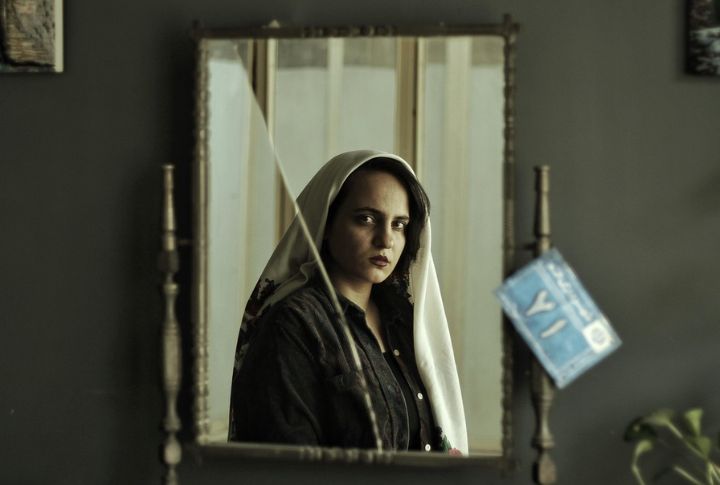
You avoid eye contact with your bathroom mirror during midnight trips, don’t you? Most people do, though they’d never admit it out loud. Nighttime turns this harmless piece of glass into an object that triggers real anxiety, and there’s actually solid reasoning behind this widespread unease. Here are ten explanations for why mirrors creep us out once darkness falls.
Fear Of Unexpected Reflections
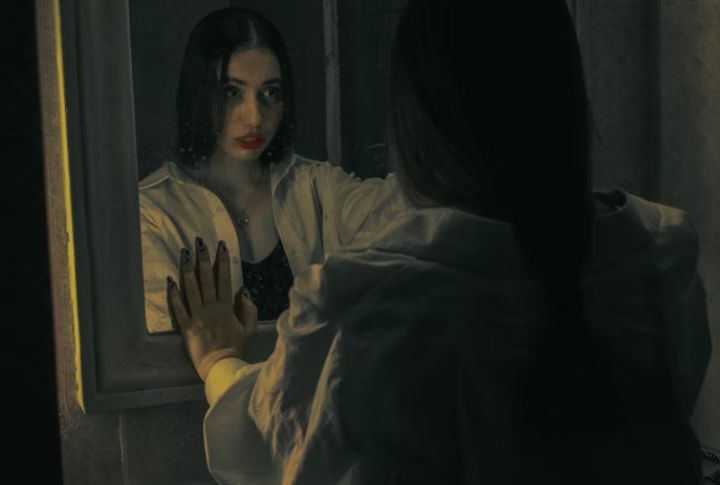
Mirrors feel fine during the day, but nighttime makes them scary. The darkness changes how you look, so seeing yourself unexpectedly can really freak you out. These spooky moments often stick with you. They may also lead to bad dreams where mirrors keep appearing, making you feel uneasy all over again.
Association With Portals Or Gateways
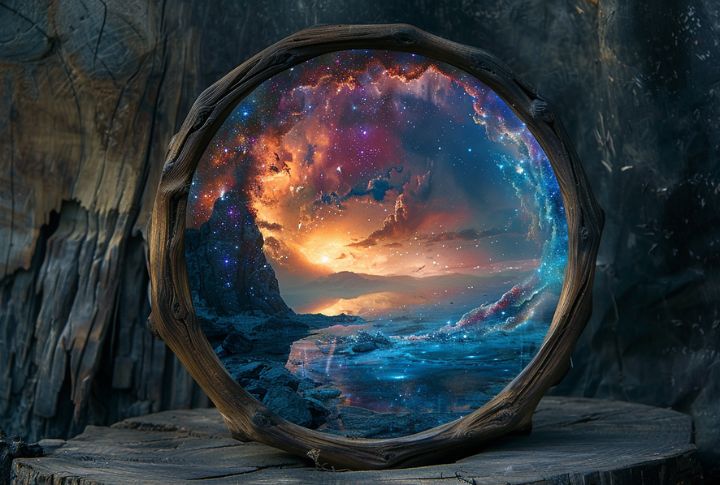
For centuries, families across Asia covered their mirrors at night, and people in Europe and the Americas did the same. They believed mirrors could open doorways for spirits to pass through. This ancient fear shows up everywhere, from old folktales around the world to famous stories like Lewis Carroll’s fantasy novel, “Through the Looking-Glass”.
Delayed Recognition In Low Light
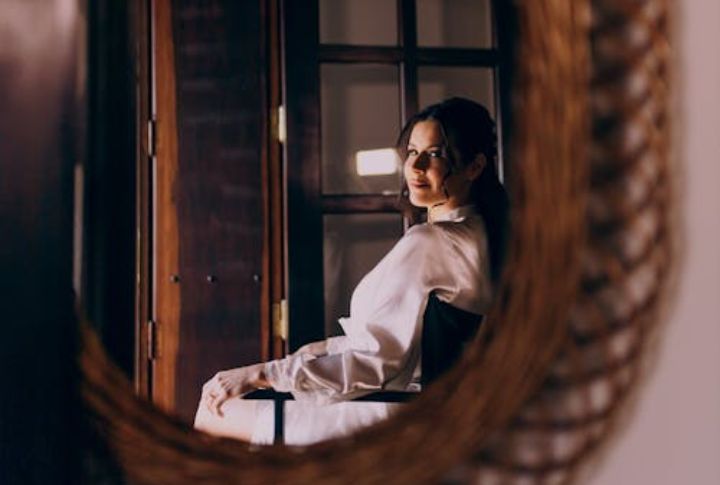
We take for granted how effortlessly our brain identifies our reflection—until the lights go down. In dimmer conditions, this automatic recognition surprisingly stumbles, creating an unsettling gap between glimpsing our image and actually processing it. That brief delay can turn the familiar mirror into a source of momentary confusion.
Amplification Of Movement In Peripheral Vision
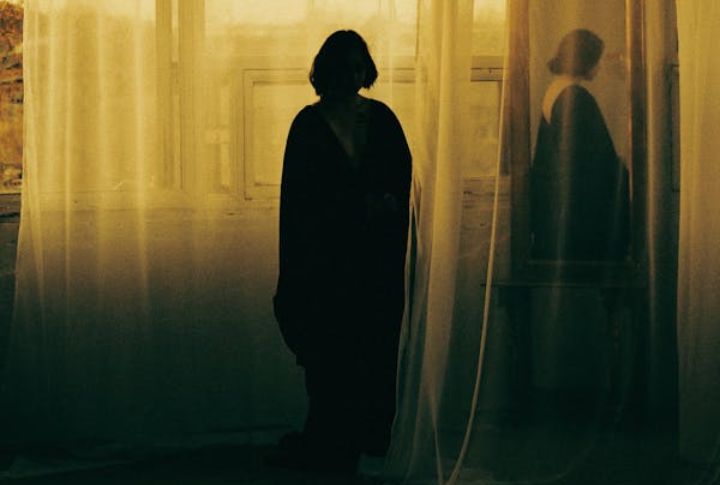
At night, mirrors exaggerate even the smallest movements. Shadows and motions in your peripheral vision appear bigger and more dramatic, making ordinary activity startling. This effect tricks your brain into overreacting, which is why a simple glance at a reflection can suddenly make you jump or feel uneasy.
Disruption Of Spatial Logic
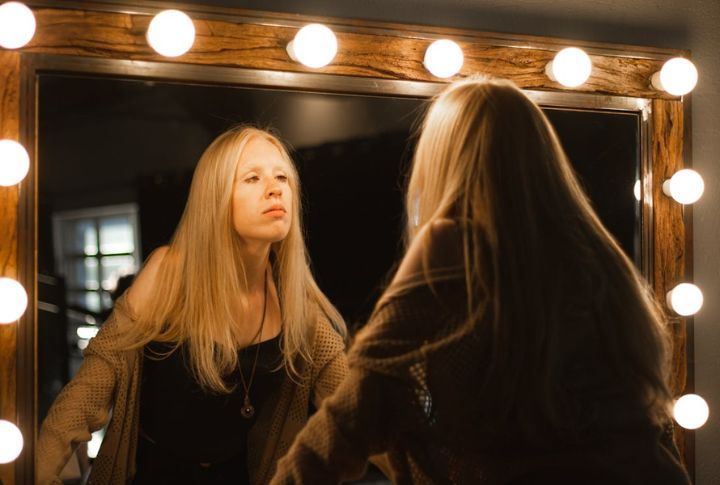
Nighttime mirrors have a way of scrambling your spatial awareness. They turn your everyday room into something puzzling, making surfaces look deeper than they are and creating pathways that don’t even exist. When the familiar boundaries of your space start disappearing, you end up feeling lost and disoriented in your own home.
Fear Of Doppelgangers Or Split Identity
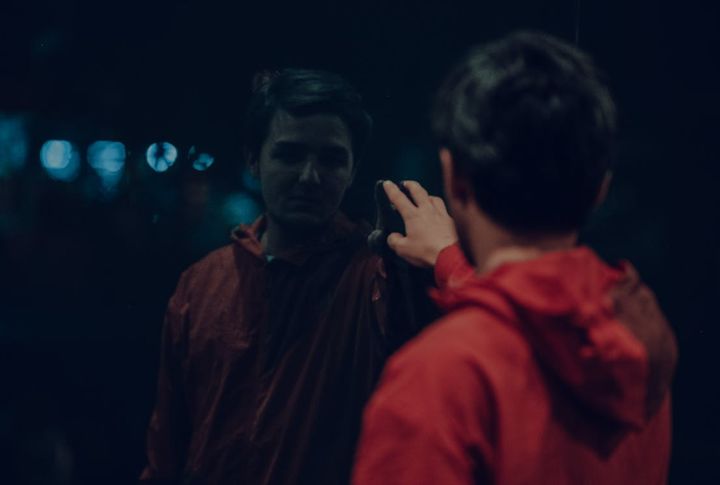
Mirrors frighten people because of old superstitions about doppelgangers—seeing your exact copy supposedly signals your end. Horror movies make this worse by showing reflections that move by themselves. This plays on our deep fear of our own image doing things we can’t control, revealing hidden parts of who we are.
Heightened Vulnerability During Sleep Transitions
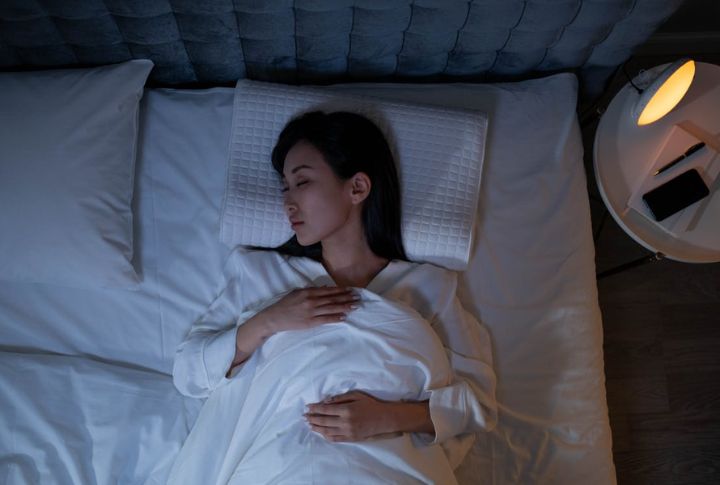
You naturally feel more emotional and less protected at night. That’s just how your brain works when bedtime gets close. So looking in the mirror while getting ready for bed can feel weird and uncomfortable. It’s like someone else is there watching you, even though you’re alone.
Mirrors Can Make Small Noises Seem Louder
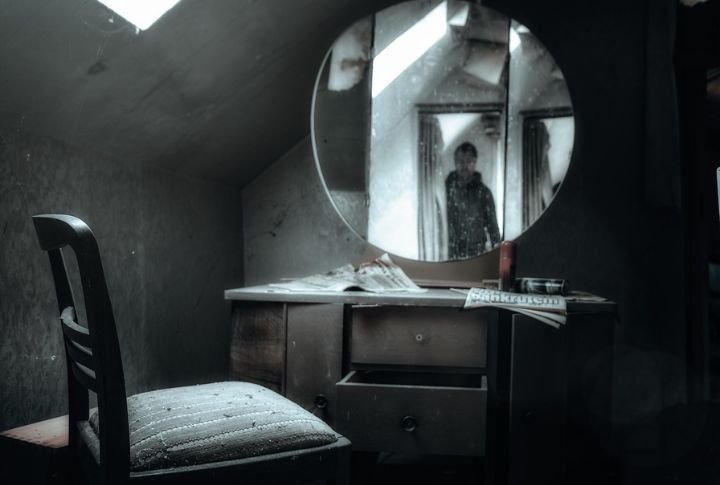
Besides reflecting images, mirrors actually amplify sounds too. Their hard surfaces cause creaks, whispers, and ticking clocks to feel louder and nearer when it’s dark. This effect naturally increases tension and unease, so haunted houses strategically place mirrors everywhere to make normal noises sound way more menacing and frightening.
Mirrors Can Amplify Isolation At Night
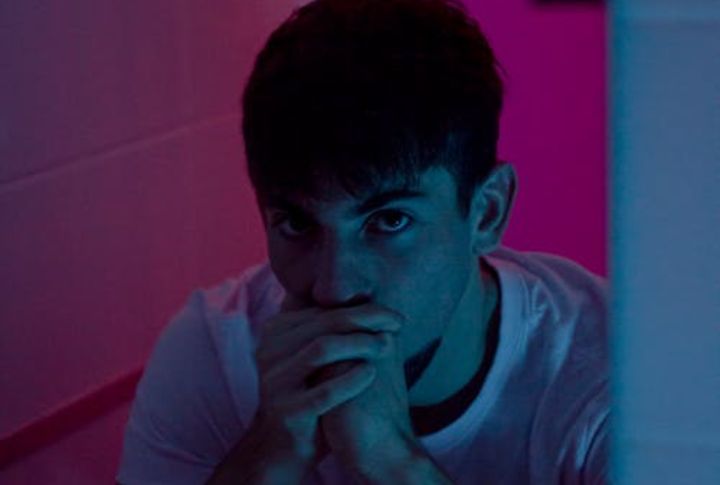
Being alone with a mirror at night can leave you feeling incredibly isolated. Seeing yourself by yourself in the dark somehow makes vulnerability and loneliness feel stronger. Many people get the creepy sensation that their reflection is watching them back, which is exactly why horror movies use this trick so effectively.
Fear Of Mirror-Induced Sleep Paralysis Hallucinations
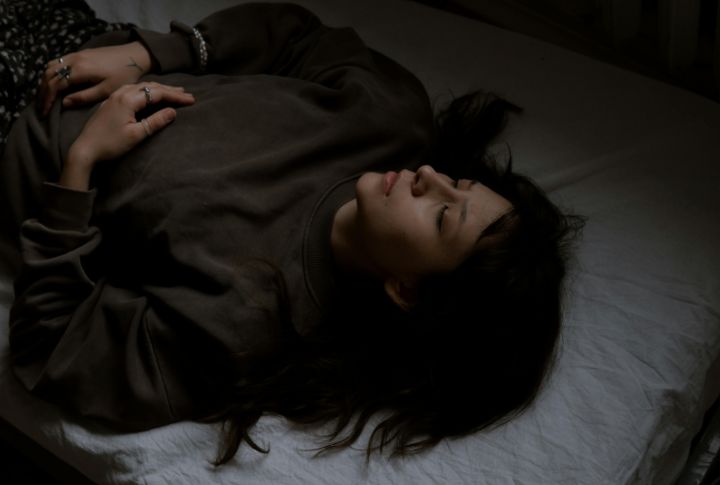
Sleep paralysis, a neurological phenomenon where consciousness returns before muscle control, often brings terrifying hallucinations. When mirrors are present during these episodes, the brain’s half-awake state can project nightmarish figures into reflective surfaces, intensifying the experience. That’s why old-school bedroom layouts tended to avoid mirrors, especially in dim corners.

